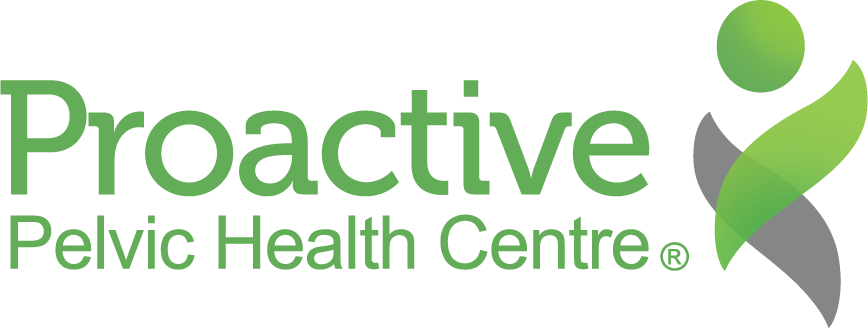Pros and Cons of the Birth Control Pill
By Dr Micaela Gregory
Is the oral contraceptive pill good or bad for you?
The answer is, it depends as there are pros and cons to using the birth control pill.
The pill was developed in the 1960’s mainly for “regulation of menses” as back then it was not legal to discuss its role in preventing contraception. It was revolutionary, and still is, as women are given more control over when they do and don’t get pregnant, giving them more autonomy. It’s more convenient, cheaper, easier to use, and avoids less procedures than other birth control methods. It can lower the risk of uterine, ovarian and colorectal cancers. The pill can also be temporarily effective for women suffering from PCOS, acne, painful or irregular periods, endometriosis and PMS. It is necessary for some women, especially when it comes to contraception, and some women successfully use the pill as needed with little adverse effects. However, oftentimes the pill is prescribed for more than just contraception, and this if often done without a discussion of alternatives, underlying causes or some of the risks associated with being on the birth control pill.
The pill works to shut down communication between the brain and ovaries which seizes ovulation. This causes many changes in our normal hormonal fluctuations. Even though the pill contains these hormones, they are synthetic forms and act differently within our bodies than our natural ones. The pill, much like many other medications does not go without side effects and risk factors in most people. The pill can increase risk for blood clots and stroke, especially in older or overweight women. It increases the risk of certain cancers, including breast cancer. The pill also increases the risk for insulin resistance which can lead to metabolic syndrome and higher risk of diabetes and heart disease in the long-term. It can deplete vital nutrients, and alter our microbiome leading to nutritional deficiencies. It has been linked with increased risk of autoimmune disease, specifically ulcerative colitis, and systemic lupus erythematosus. Some of the most common, and more well known side effects of being on the pill include an increase in headaches and migraines, increased risk for developing depression and other mental illnesses and weight gain.
Women who are prescribed the pill to combat acne or unwanted menstrual cycle symptoms should be aware that the pill offers only a bandaid solution, and works by suppresses symptoms not by treating them. Without treating the root cause or condition symptoms often return after stopping the pill.
What you need to know:
The pill is not the only way to prevent pregnancy, and it is not the only way to deal with acne, and period challenges. What’s most important is the ability to chose, and to be able to make an informed choice. The pill is not a one size fits all for everyone. If you need to be on the pill for contraception or serious health issues, and you are not experiencing any unwanted side effects, then the pill might be the right fit for you. But, if you feel there may be an underlying condition that needs attention or you are dealing with some of the unwanted side effects, then it may be time to look at your other options.
If you are concerned about whether being on the pill is the right for you, talk to your healthcare provider about your options, so together you can find the most effective and safe way to manage your concerns. Connect with a Naturopathic Doctor to discuss more pros and cons of the birth control pill as well as your options and any questions you may have about the pill.
Resources:
Briden N.D., Lara. “The Dark Side of the Oral Contraceptive Pill with Lara Briden.” FX Medicine, 19 Sept. 2019, www.fxmedicine.com.au/content/dark-side-oral-contraceptive-pill-lara-briden.
Brighten, Jolene. Beyond the Pill: a 30-Day Program to Balance Your Hormones, Reclaim Your Body, and Reverse the Dangerous Side Effects of the Birth Control Pill. HarperOne, an Imprint of HarperCollins Publishers, 2020.
Liao, Pamela Verma, and Janet Dollin. “Half a Century of the Oral Contraceptive Pill: Historical Review and View to the Future.” Canadian Family Physician Medecin De Famille Canadien, College of Family Physicians of Canada, Dec. 2012, www.ncbi.nlm.nih.gov/pmc/articles/PMC3520685/.
Romm M.D., Dr. Aviva. “Natural MD Radio: The Pill – What You Need to Know.” Aviva Romm MD, 27 Jan. 2018, avivaromm.com/the-pill-what-you-need-to-know/.


